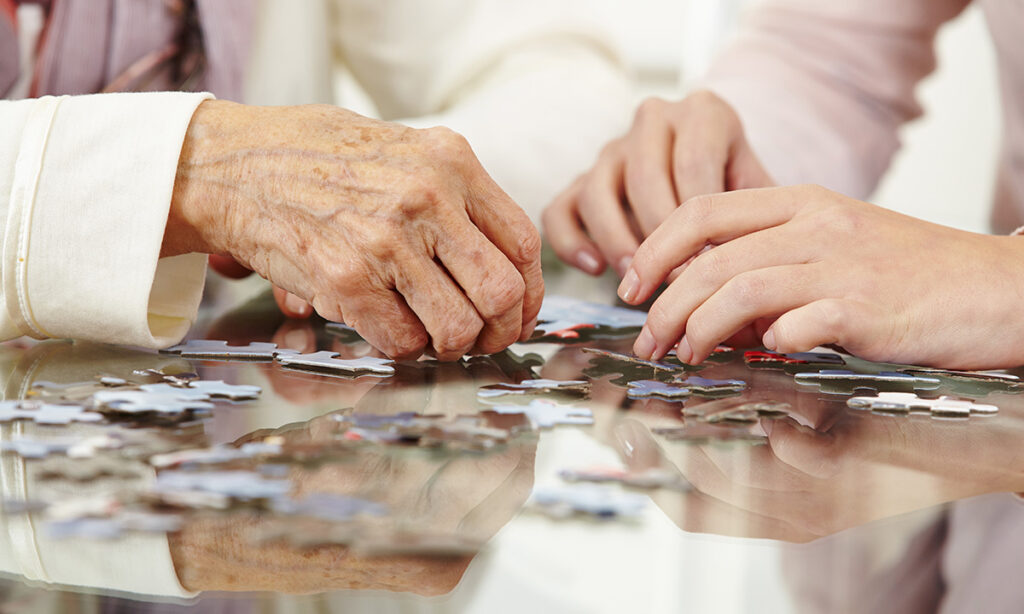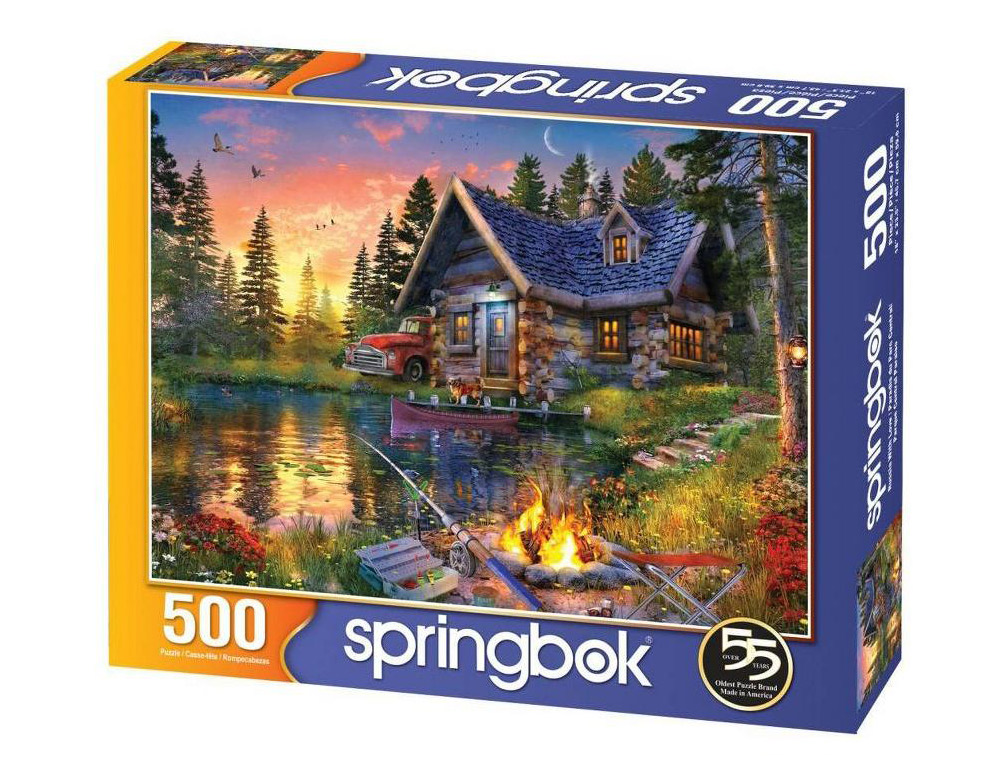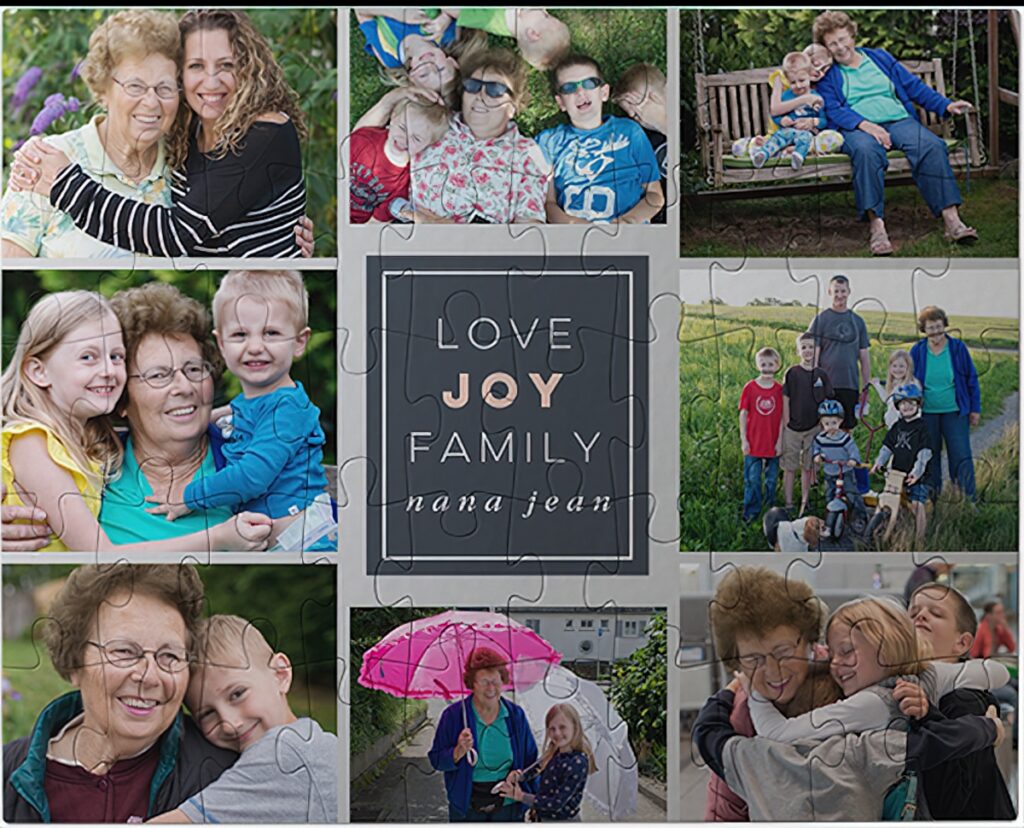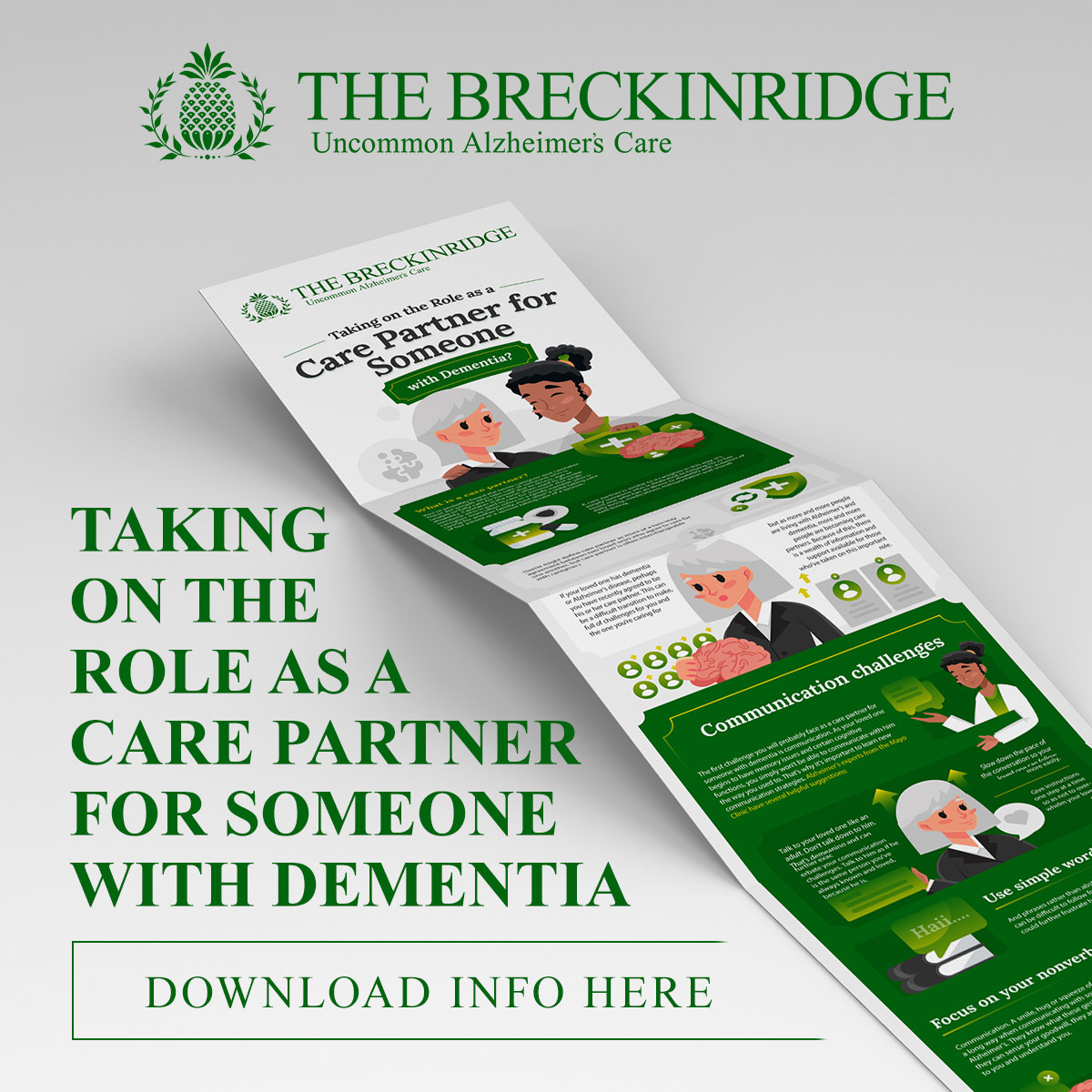How to Choose a Puzzle for a Loved One with Dementia

How to Choose a Puzzle for a Loved One with Dementia
When it comes to having a healthy body, we know it’s important to exercise our…bodies. So when it comes to having a healthy mind, it only makes sense that it’s important to exercise our… minds (and our bodies, but that’s another topic).
One of the most effective exercises we can do for the mind is jigsaw puzzles.
Why are jigsaw puzzles good for the brain?
Puzzles work the left and right sides of the brain, explains Brittany Horne, founder of jigsaw puzzle company RVL Wellness Co., making them good for exercising your logical skills and your creativity.
Multiple studies have found that jigsaw puzzles are good for cognitive function and may even help keep cognitive decline at bay. This study found that “jigsaw puzzling strongly engages multiple cognitive abilities and long-term, but not short-term [jigsaw puzzle] experiences could relevantly benefit cognition.”
This study found that “lifestyle factors [such as jigsaw puzzling] found in individuals with high cognitive engagement may prevent or slow deposition of β-amyloid [harmful plaques that are a hallmark of Alzheimer’s disease], perhaps influencing the onset and progression of AD.”
Bottom line: jigsaw puzzles are good for the brain and cognitive function, making them a perfect gift for the person in your life who is living with Alzheimer’s or another form of dementia.
Share this Infographic Image On Your Site
<p><strong>Please include attribution to https://thebreckinridge.com/ with this graphic.</strong><br><br><a href="https://thebreckinridge.com/ways-to-stay-engaged-socially-with-dementia/"><img src="https://thebreckinridge.com/wp-content/uploads/2022/11/2-taking-on-the-role-as-a-care-partner-for-someone-with-dementia-thebreckinridge.jpg" alt="Taking on the Role as a Care Partner for Someone with Dementia" width="1200px"></a></p>What kind of puzzle should I get for my loved one who is living with Alzheimer’s disease?
When it comes to choosing a puzzle for your loved one, this caregiving community suggests keeping a few things in mind:
1. Degree of your loved one’s memory loss

Adjust the size and difficulty of the puzzle according to your loved one’s cognitive abilities. For example, if your loved one has mild cognitive decline, a 500-piece puzzle will pose a challenge without being too overwhelming while a child’s puzzle would be too simple. For someone with advanced dementia, a 500-piece puzzle would be too challenging. A puzzle with fewer pieces that creates a simple image or picture would make more sense.
If you’re looking for a puzzle for someone who has more severe cognitive decline, Springbok Puzzles and Relish sell puzzles made especially for those who are living with dementia or Alzheimer’s disease. If your loved one can do more challenging puzzles, Puzzle Warehouse has every size and style of puzzle available, and RVL Wellness Co. that we mentioned above creates beautiful puzzles with a focus on self-care.
2. Vision and dexterity
If your loved one struggles with her vision or dexterity, take that into consideration. Select a puzzle with bright colors or bigger pieces so she can more easily put it together without getting frustrated. You can also put the puzzle on a white tablecloth so it’s easier to see.
3. Use a puzzle that will jog their memory.

There’s a puzzle out there for everyone. What is (or was) your loved one’s favorite hobby? What is his favorite animal, flower or national park? Choose a puzzle that depicts a scene, image or face he can connect to. There are even companies that customize puzzles using your personal photographs. This is a great way to remind your loved one of all the grandkids, family and friends who love him.
No matter which puzzle you choose, remember that one of the greatest gifts you can give your loved one is time. Work on the puzzle with her. Help her when she gets stuck. Doing a puzzle together not only works the mind but it creates social connection, which has also been shown to help slow the progression of Alzheimer’s disease. When you buy your loved one a puzzle and invest in spending time doing the puzzle together, you are buying her so much more.
The greatest gift you can give your loved one
No matter which puzzle you choose, remember that one of the greatest gifts you can give your loved one is time. Work on the puzzle with her. Help her when she gets stuck. Doing a puzzle together not only works the mind but it creates social connection, which has also been shown to help slow the progression of Alzheimer’s disease. When you buy your loved one a puzzle and invest in spending time doing the puzzle together, you are buying her so much more.






